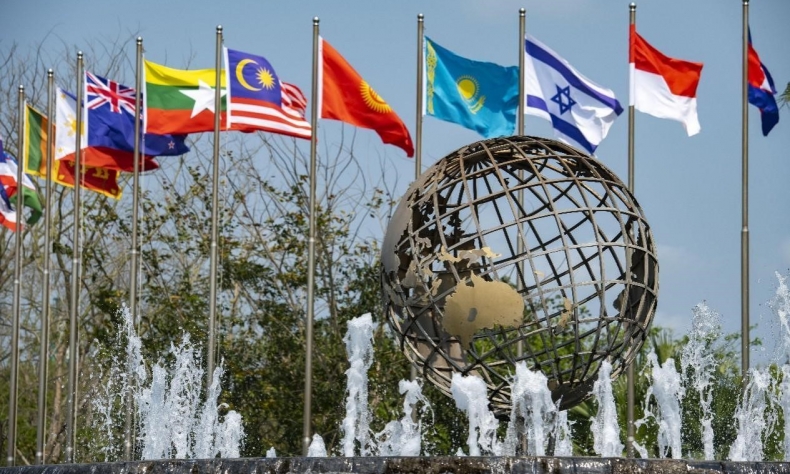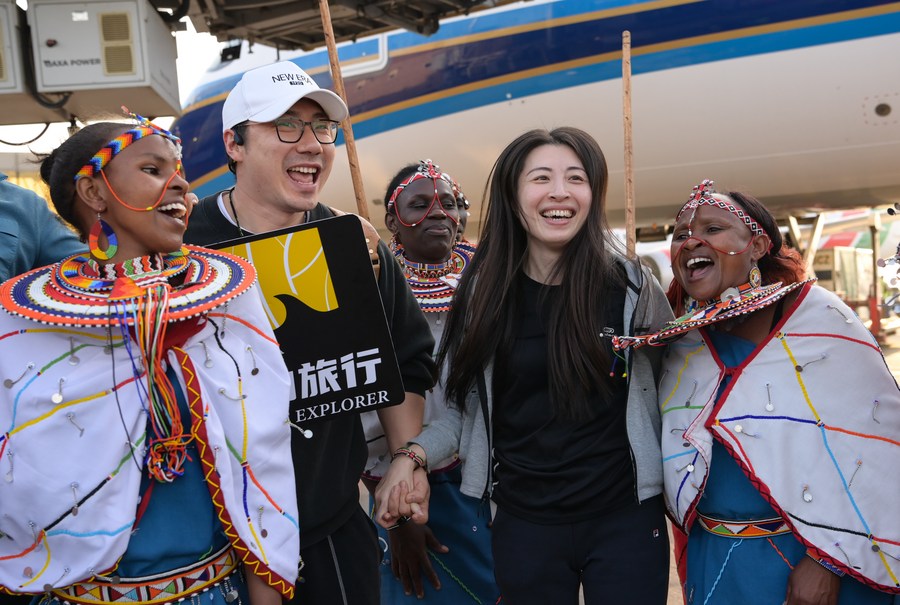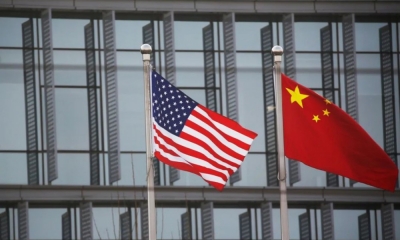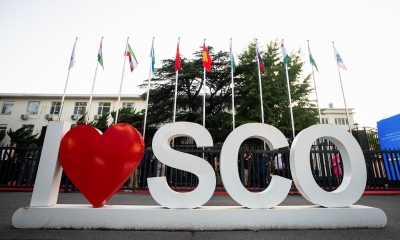White Paper on Shared Future Rejects Bloc Mentality

The Belt and Road Initiative, the Global Development Initiative, the Global Security Initiative, and the Global Civilization Initiative have taken root and borne fruits, bringing prosperity and stability to the world and creating substantive benefits for the people.
The white paper issued by China, “A Global Community of Shared Future: China’s Proposals and Actions” has gained a reputation of a grand vision that has laid a blueprint for a better world across the globe.
The creative and unique idea of building a community with a shared future for mankind launched in 2013 by Chinese President Xi Jinping has put forward the correct path for those who are looking forward towards inclusive and comprehensive development.
In the first and historical decade of this global idea, the Communist Party of China and the Chinese government, under the visionary leadership of Xi Jinping highlighted various aspects that have helped the international community to get a better understanding of a shared future based on win-win situation.
The recognition of this universal concept gained the highest appreciation as it was embedded into UN General Assembly (UNGA) resolutions for six consecutive years and incorporated in several multilateral mechanism resolutions and declarations.
The acceptance of this idea by UNGA generated the message that the international community attaches great importance to the significance of Chinese initiatives as its implementation is based on mutual and meaningful consultation with all stakeholders involved.
It has become obvious that these kinds of initiatives led by China do not attach any kind of bloc politics, isolationism, protectionism and de-risking or de-globalization.
The idea of building a global community with a shared future pushes ahead the universal values of joining hands and common approach that resists the notion of “might makes right”.

The growing number of countries and regions endorsing this concept is the message for all across the globe that the vision of a global community of shared future bears in mind the wellbeing of all humanity.
Building a shared future for mankind with the visions of the Belt and Road Initiative, Global Security Initiative, Global Development Initiative and now with the Global Civilization Initiative has received tremendous response as it has been connecting various communities across the globe.
These initiatives have emerged as a vivid example of building a global community of shared future that is widely benefiting the people of all partner countries.
The concrete steps taken by China over the past 10 years have promoted the concept of a global community of shared future that has advanced and pursued the opportunities of new development patterns for partner countries.
With time passing by, it has been recorded that these initiatives with the mutual consultations of partner countries have played an indispensable role for a community of shared future in the progress of human civilization.
The path of development and revitalization through joint efforts has been paving a way for an inclusive, open, clean and beautiful world that enjoys universal security, lasting peace and common prosperity.
In the era of globalization, all countries are becoming more interdependent and interconnected and are making their own choices of development without any kind of conditionality or political strings attached to it.
Since the launch of these initiatives one by one, the international community has realized that development is the final cause and goal of all that is only possible with the one-sum mentality.

The age of zero-sum game is over in which one wins over the loses of others while one-sum mentality is based on consensus and win-win situation by sharing the benefits with all.
The initiatives have also explored that China has been consistently aligning its development achievements with international development and aligning its interests with the interests of citizens in different countries and regions.
The integration of Chinese interests with common interests of the international community reverts the cold war mentality that has deepened antagonism, divisions and confrontations by rejecting international bloc politics.
The initiatives have been shaping up the future of humanity by advocating respect, openness and equality for all by challenging the unseen and unprecedented changes in a more profound way by maintaining sustainable development.
Under the umbrella of these initiatives, a new approach of international relations has been introduced with new ideas of global governance that are conforming to the development agendas of a more inter-connected world.
The white paper states that the past decade has seen steady progress in implementing the vision.
From bilateral to multilateral and from regional to global dimensions, ground-breaking results have been achieved on every front.
The Belt and Road Initiative, the Global Development Initiative, the Global Security Initiative, and the Global Civilization Initiative have taken root and borne fruits, bringing prosperity and stability to the world and creating substantive benefits for the people.
This suggests that the initiatives have gained broader support and admiration from across the globe by representing the popular calls for justice, peace and progress with development and by creating synergy among all nations working for the goal of a better world.
It has been widely accepted and verified in hearts and minds of the international community that these initiatives have been pushing forward the ideas of self-respect, globalization and multilateralism that has become a common voice of peace loving and development loving countries.
The article reflects the author’s opinions, and not necessarily the views of China Focus.
 Facebook
Facebook
 Twitter
Twitter
 Linkedin
Linkedin
 Google +
Google +





